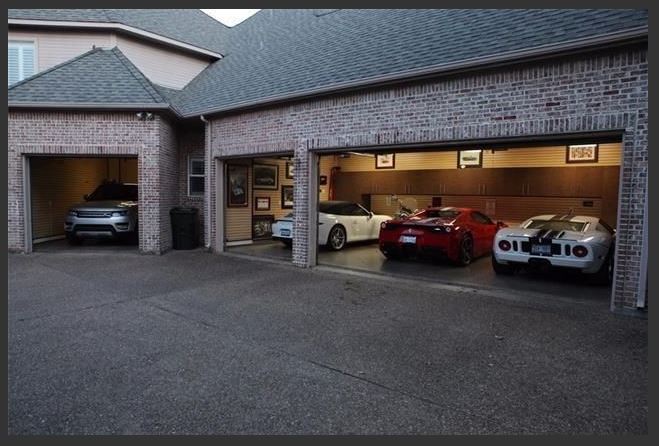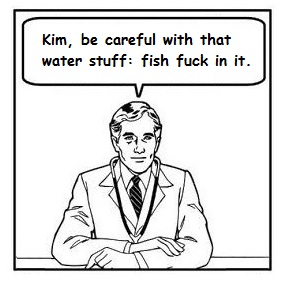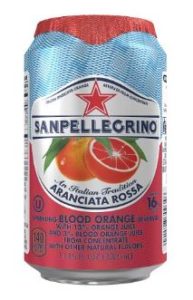Here’s my admission: I’ve never watched Breaking Bad. I never watched it because the inherent premise of it — a good man forced into crime by circumstance — was abhorrent to me, and because I’ve always been the guy who tried to do what was right regardless of circumstance.
But lately, I’m starting to think I may have been an idiot all these years, because when the system can be so easily gamed by people with fewer scruples and lower morals than mine, what’s the point of being the good guy?
Over at Return of Kings, some guy makes the same point in an article entitled In A Broken America, Only The Dishonorable Are Rewarded. (By the way, I love articles whose titles make reading the thing unnecessary, but you should read it anyway.) In true RoK fashion, he refers to people like me as “dupes”, and in his frame of the situation, he’s probably quite right.
Fortunately, of course, I’m in the majority of the population because up until now, most people can be counted on to do the right thing. I suspect too that this is why Social Security is pretty much untouchable: not because of the greediness of retirees, but because having done the right thing their whole lives and paid into the system (albeit at gunpoint), people are insistent that government also does the right thing and delivers on their promise by supporting retirees.
That government might one day renege on that promise is the stuff of nightmares — and not just for the cheated retirees, either.
What concerns me is that our public morality is becoming frayed by the increasing growth of private immorality. When I stated above that the “majority” of people can be counted on to do the right thing, what happens when that majority becomes a lot less so, and the wrongdoers become ascendant? Which, I think, is Furioso’s underlying point of his article, albeit not enunciated as such. If everybody else is cheating, then why aren’t you? It’s an enticing question, and sadly, a seductive one.
Even worse is that the wrongdoers, by cheating and abusing the system, make thing intolerable for those who are on the straight and narrow. No better example can be found than in the pain management scenario, where people who are experiencing real and excruciating pain on a daily basis are finding it increasingly difficult to obtain the drugs needed to treat their condition because a jillion fuckups are abusing opiates and government, of course, is applying legislation like a hammer when what’s called for is a scalpel. My late wife was actually fired by two pain management medical practices because the doctors were finding the burden of government intervention and intrusiveness too difficult — and career-threatening — for Connie’s care to be in their best interest. Only when she was diagnosed with cancer did her care improve, because (as the new doctor explained), government doesn’t actually care about terminal patients because their condition is finite.
Imagine my reaction to that little nugget of information. And no, I didn’t load up the old AK-47 and pay a visit to the nearest government office. What I wanted to do was load up the AK and start paying visits to the cockroaches who had created this situation by abusing the drugs which my wife desperately needed. Seriously, had I known the Breaking Bad guy in person, I would have been mightily tempted to slaughter him, his dealers and every single “patient” who used his product. But not even I have enough ammo to make that problem go away because cockroaches seem to be in infinite supply these days.
I worry about this situation, about this waning of public morality. In fact, I worry about this more than I worry about any other aspect of modern society — more than un-Constitutional campus speech codes, more than corrupt IRS officials who target conservatives, and far more than the Russians (who are surely the best example of nationally-degraded public morality) attempting to fiddle with our electoral system.
And I know that our beloved government is worried about it too. How else can you explain the recent huge purchases of guns and ammunition by the Fedgov, and the arming of the thousands of federal agents and bureaucrats who are not even close to being in actual law enforcement?
Never before has W.B. Yeats’s Second Coming been more chilling:
Things fall apart; the centre cannot hold;
Mere anarchy is loosed upon the world,
The blood-dimmed tide is loosed, and everywhere
The ceremony of innocence is drowned;
The best lack all conviction, while the worst
Are full of passionate intensity.
At the risk of sounding apocalyptic: keep your powder dry and your guns at hand, folks. Because when more than a few decent folks start to break bad, it’s SHTF time.







